The resulting book, Shipwreckers! The Curse of the Cursed Temple of Curses—or—We Nearly Died. A Lot. (Disney-Hyperion), hit bookstores on May 21, almost four years after the two first pitched the idea. However, the first draft only took three months to write. Here, Pruett and Peterson take us inside their collaborative process and why they were drawn to print.
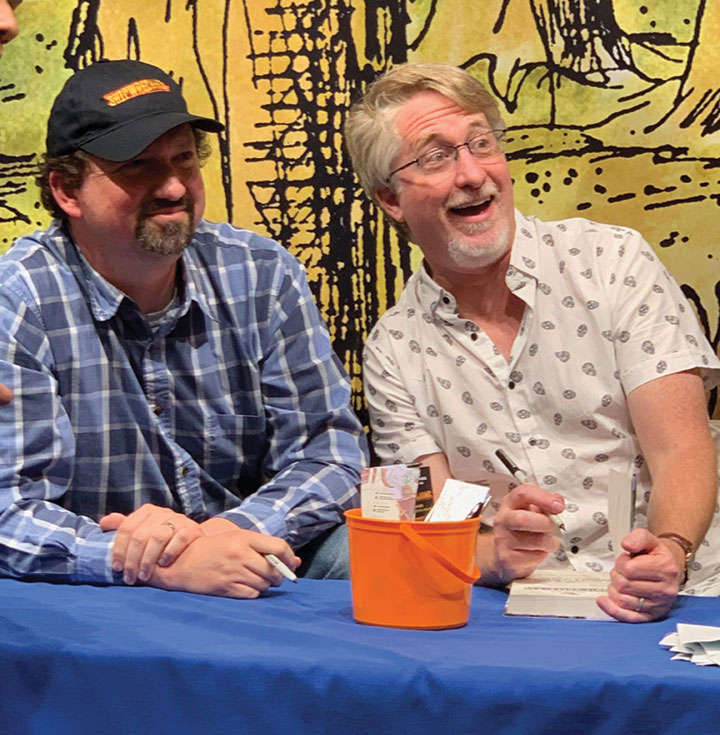
You were used to collaborating on TV scripts but never tackled an original novel. What did that process look like?
Scott: It started with character—Captain Kevin. We wanted to have a character who would make bad jokes. I always like characters who are much more confident than their abilities should merit. We kept thinking, what if Indiana Jones was confident and cocky but was just an idiot and had none of the skills he needed. So the kids who are along have to step up. They become the heroes for this guy who can’t take care of himself.
Josh: And delusional characters are really fun to write. One of the things that Scott tried to emphasize early on was we have to make sure they’re characters that we want to write. Every step is going to be fun. So that’s really what we focused on. You have a young character, Mike, who’s an armchair adventurer, and his little sister, who’s Han Solo-ish, and out for herself. She wants to treasure hunt and he’s always trying to pull her back.
So were you guys envisioning the Jungle Cruise?
Scott: Initially, yes, and we thought that was a good entry way because we were going to be pitching this to Disney. Let’s use some touchstones that make sense for them.
Josh: We had pitched them some other ideas but that was the one that they really took to. Our work on Phineas and Ferb had a broad audience. Parents can watch it too. We try to keep it really smart and funny and accessible for kids, and we wanted Shipwreckers to do that as well.
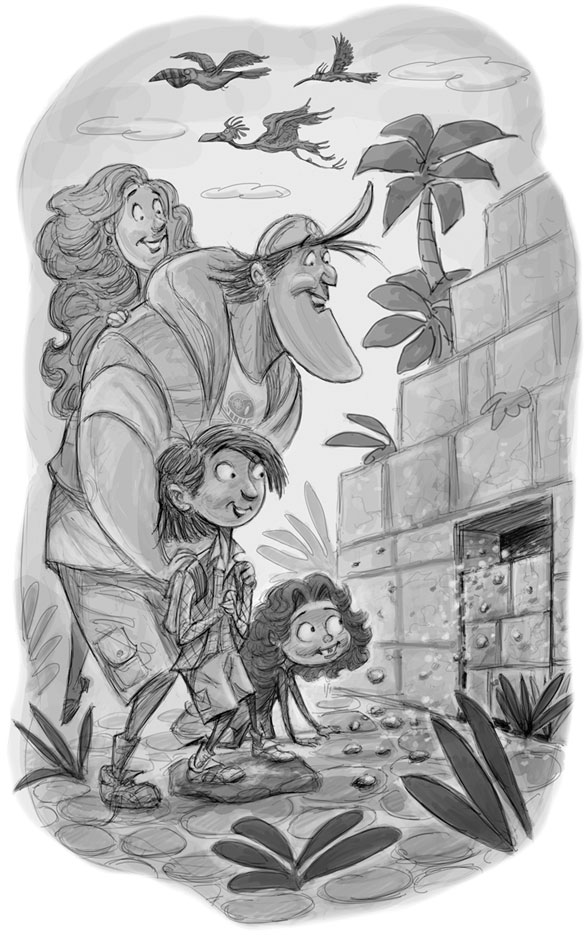
So you started with the characters. How did you actually start writing the book?
Scott: We used a lot of the some processes that we developed for TV. We would break it out into an outline and then put it up on cards just like we would for an episode.
Josh: We wrote some sample chapters, and those mostly remained unchanged, but they were the climax of the book. We knew we were going to get to a place where Mike, who’s our homebody, comes out of his shell a little bit and embraces the adventure—that was part of his arc.
Scott: He starts out very risk averse. He’s all about protecting his sister. By the end, he learns, you have to take risks in life or you don’t get anywhere.
Josh: So we worked from that backwards.
It wasn’t a linear process.
Josh: Very early on it was a wish list. What do we want to write? What would be really fun?
Scott: Oh, it’d be cool if there’s a giant temple. What if there was a huge ship graveyard full of ships?
Josh: The book gets weirder as you go. It starts out very relatable and then becomes something outrageous and fantastical almost.
Once you had the outline, how did you divide the writing?
Scott: We split it right down the middle, each wrote a half. Then we swapped halves and edited each other.
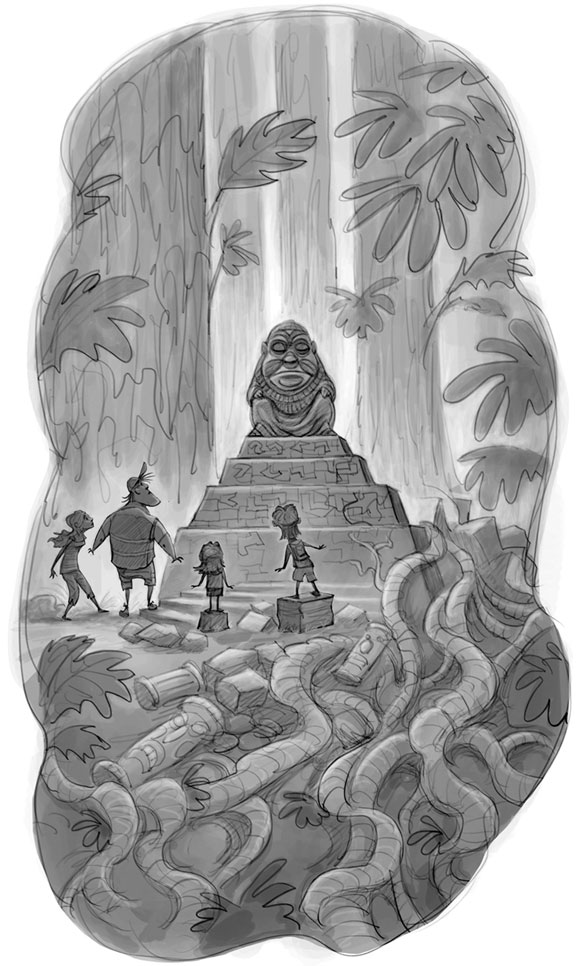
Josh: Because we’ve been working together for such a long time, it’s easy to go, “Oh, this stinks.” He’s not going to get offended, and the same thing goes for me. Part of the fun is the merging of our voices. So, for us, Captain Kevin is really the symbol for that. He is the epitome of that sense of humor that we were really excited about writing. He’s very punny, very much in a dad joke space. One of the very first things I wrote was his introduction where he comes up and he kicks Mike. He’s an adult kicking a child on the side of the Amazon and he’s wearing no pants. He just has his boxer shorts on so he is this outrageous character. Once we had that …
Scott: … we got the tone.
And after you swapped?
Scott: We took a pass editing the whole thing and not just fixing typos. If we had a huge change [like] if we wanted to throw out a chapter then we’d discuss it. But we gave each other leeway to really re-write each other.
Josh: Once we got to the point where we were ready to pass it back to our editor, I was reading it to my kids.
To make sure they would laugh?
Josh: Some of that is establishing the internal rhythm of the word choice and the syntax. There were a couple times later in our editorial pass where we had to go back and forth with our copy editors because it was like, “We know this is not grammatically correct but this is the rhythm. Otherwise, it breaks the joke. If the kid is not reading it like this, they’re not going to laugh.”
Scott: I think that comes from seeing our work on TV. It’s not just about having it perfect, it’s about how does this character sound out loud. Maybe on the page it works but you have to use your ear when you write it.
Josh: Kids are great test subjects because if they don’t laugh, that’s it. It’s not like they’re hiding their reactions from you.
Scott: It’s great to get a review from a journalist but when you hear, “Oh, my kid stayed up past his bedtime reading,” or “I heard my kid laughing in the other room,”—that’s so much more rewarding.
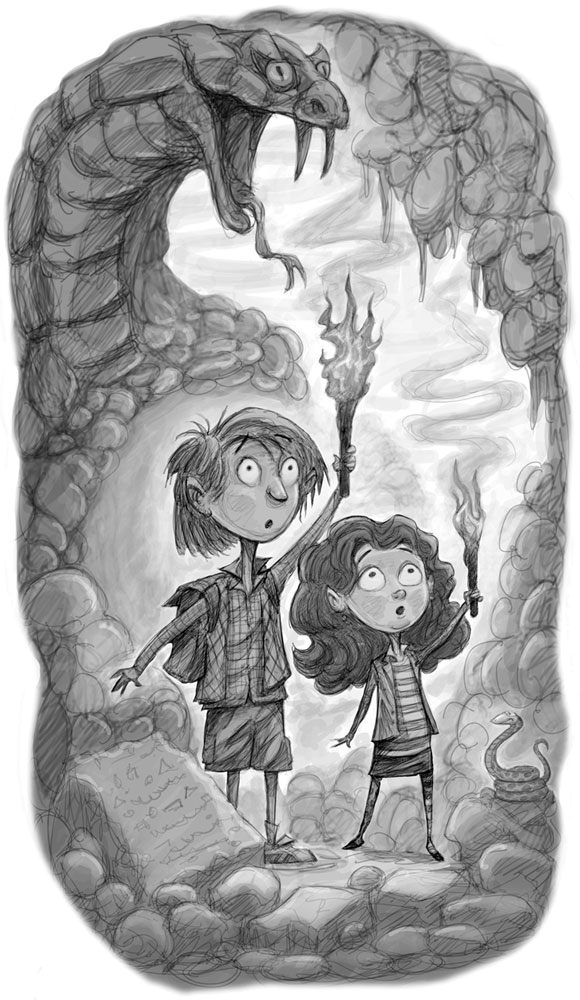
Why was it important for you to create this book together?
Scott: One is being able to create something that comes from within so it’s not servicing someone else’s vision—to have something that’s uniquely ours, something that…
Josh: …only we could write and is largely unfiltered.
Scott: It’s not going through 17 different hoops to get on the air. For the most part, what we originally wrote is still on the page.
Josh: That’s hugely satisfying. All the folks who work in animation know how collaborative it is, and generally collaborative for good. But there are times when things get watered down and the intent is lost. Thematically, underneath all of that, we wanted to tell a story that was about how you find adventure nowadays.
Scott: The idea that if everything in the world has been seen by satellites, are there really still temples out there? This is something Mike wrestles with, “Everything’s been discovered so there are no rewards. Why take any risks?”
Josh: We were calling it Shipwreckers and Disney was not into that idea.
Scott: They thought it sounded too much like pirates.
Josh: When you look back at all old adventure stories, anything with Robinson in the title—Robinson Crusoe and Swiss Family Robinson—everything happens after the shipwreck. On some level, that’s what life is like. Things can go terrible and you lose everything but that can be the beginning of the adventure.
Scott: It’s the catalyst for something exciting. That’s actually the Captain’s motto: The shipwreck is the beginning.
Josh: I think for most people that’s how they look at themselves and their lives—I’m trying to avoid a shipwreck. He’s actually trying to drive toward one.
Scott: I think in a way, at least for me, I was also writing that for myself because it’s hard to take risks.
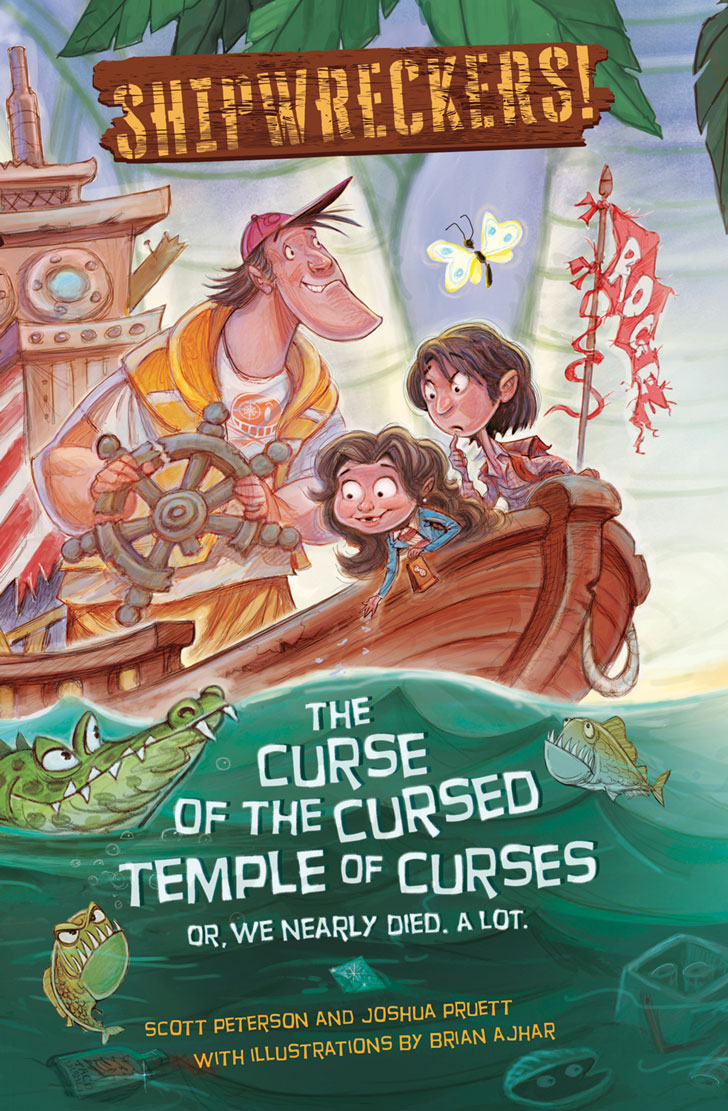
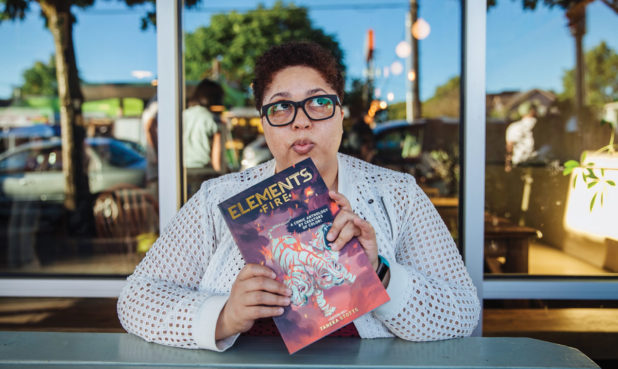
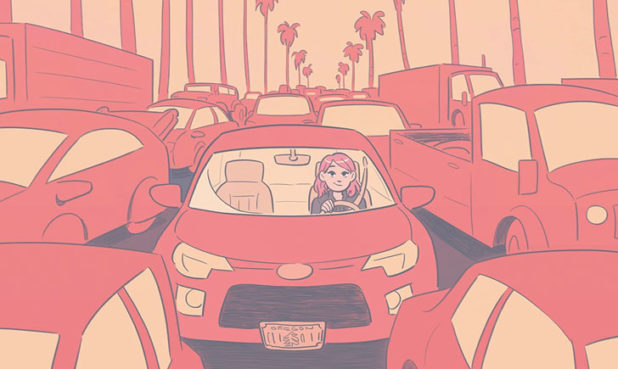

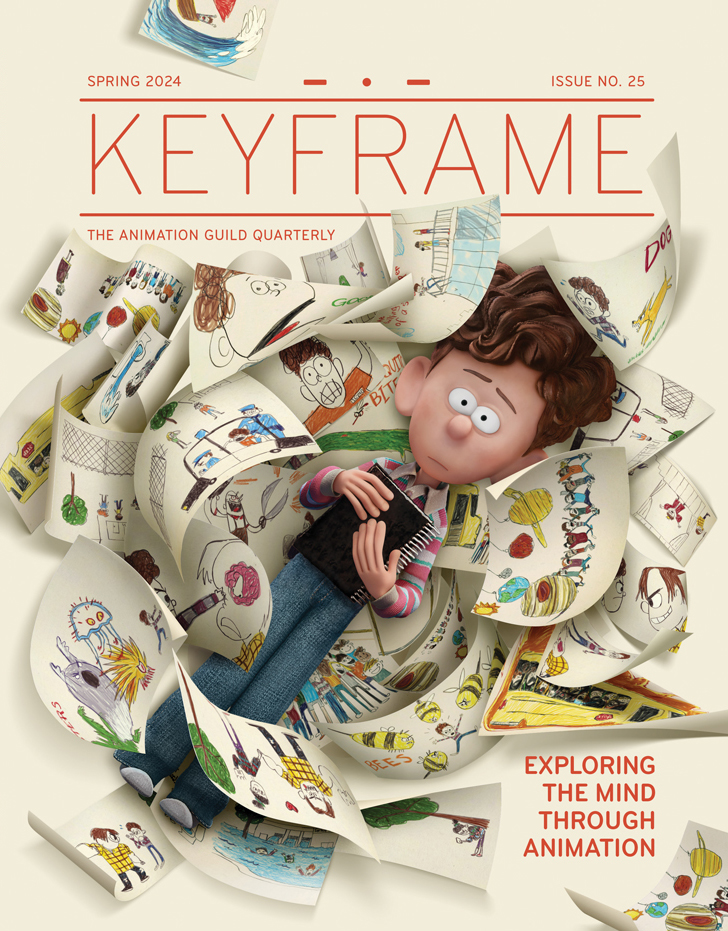
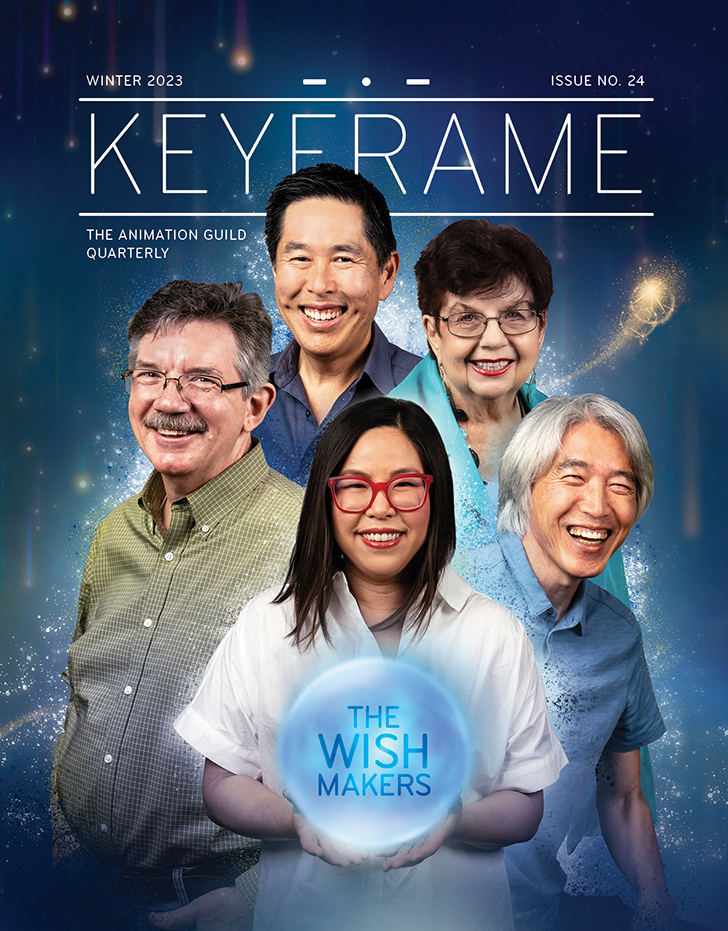
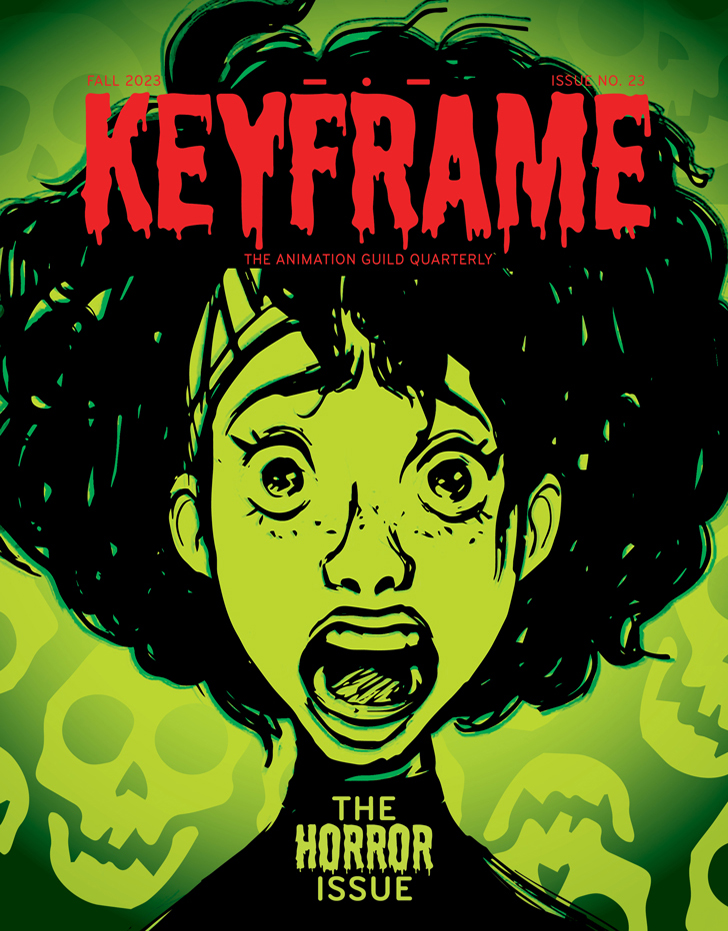
.png)